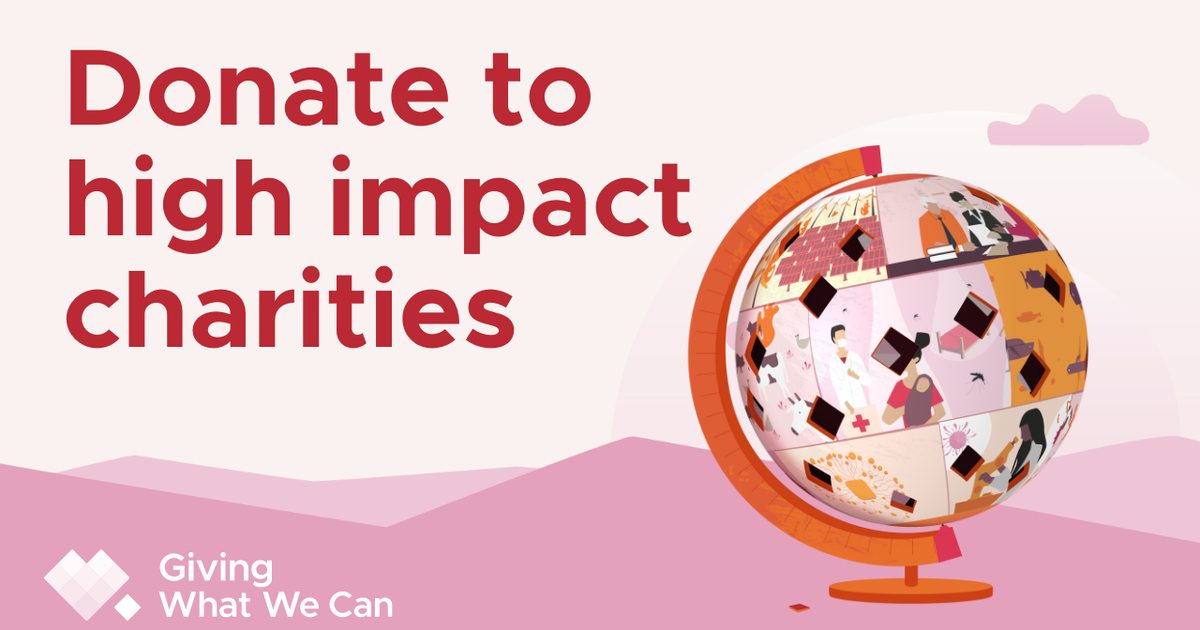Investing in African Futures: A Donor’s Guide to Ethical Giving

Investing in African Futures: A Donor’s Guide to Ethical Giving
Introduction
In an era where global philanthropy is evolving, conscious donors are increasingly seeking ethical and impactful avenues to contribute to Africa's development. This guide aims to provide insights into ethical giving practices, emphasizing the importance of supporting grassroots organizations that align with spiritual development, empowerment, and holistic community upliftment.
Understanding Ethical Giving in the African Context
1. Embracing Indigenous Philanthropy
African philanthropy is deeply rooted in communal values and traditions. Practices such as "Ubuntu" in Southern Africa and "Ìfifúnni" among the Yoruba people exemplify a culture of solidarity and mutual support . Recognizing and respecting these indigenous practices is crucial for ethical giving.
2. Prioritizing Local Leadership
Supporting organizations led by local communities ensures that interventions are culturally relevant and sustainable. Local leadership brings firsthand knowledge of community needs, fostering trust and effective implementation.
3. Ensuring Transparency and Accountability
Ethical donors prioritize transparency in fund allocation and program outcomes. Organizations that provide regular updates, financial reports, and impact assessments demonstrate accountability and build donor confidence.
Key Areas for Ethical Investment
1. Spiritual Development Foundations in Nigeria
Spiritual growth is integral to holistic development. Foundations focusing on spiritual development offer programs that nurture inner well-being, promote peace, and foster community cohesion. Supporting such organizations contributes to the moral and ethical fabric of societies.
2. Empowerment Foundations in Nigeria
Empowerment initiatives equip individuals with skills, knowledge, and resources to improve their livelihoods. By investing in vocational training, education, and entrepreneurship programs, donors can facilitate economic independence and resilience.
3. Lightworkers Movement Foundations
These foundations focus on holistic healing, consciousness elevation, and spiritual enlightenment. Supporting lightworkers movement foundations aids in fostering inner transformation, which often translates to positive societal change.
Evaluating Organizations for Ethical Giving
1. Alignment with Core Values
Donors should assess whether an organization's mission aligns with their personal values and the principles of ethical giving. This ensures a meaningful and fulfilling philanthropic experience.
2. Impact Measurement
Effective organizations have mechanisms to measure and report their impact. Evaluating these metrics helps donors understand the tangible outcomes of their contributions.
3. Community Engagement
Organizations that actively involve community members in decision-making processes are more likely to implement successful and accepted programs. Community engagement is a hallmark of ethical and sustainable interventions.
Case Study: RJB World Foundation
RJB World Foundation exemplifies ethical giving in action. As a spiritual development foundation in Nigeria, it integrates spiritual growth, empowerment, and community development. Their programs include:
- Spiritual Workshops: Facilitating inner healing and consciousness elevation.
- Vocational Training: Providing skills in tailoring, agriculture, and entrepreneurship.
- Educational Support: Offering scholarships and learning resources to underprivileged children.
By aligning with local values and involving community members, RJB World Foundation ensures that its interventions are both ethical and impactful.
Conclusion
Ethical giving in Africa requires a nuanced understanding of local contexts, respect for indigenous practices, and a commitment to transparency and sustainability. By supporting organizations like RJB World Foundation, donors can contribute to meaningful change that resonates with the spiritual and material needs of communities.
Investing in African futures is not just about financial contributions; it's about building partnerships grounded in mutual respect, shared values, and a collective vision for a better tomorrow.
XStore Team
We share insights and updates from the XStore team.